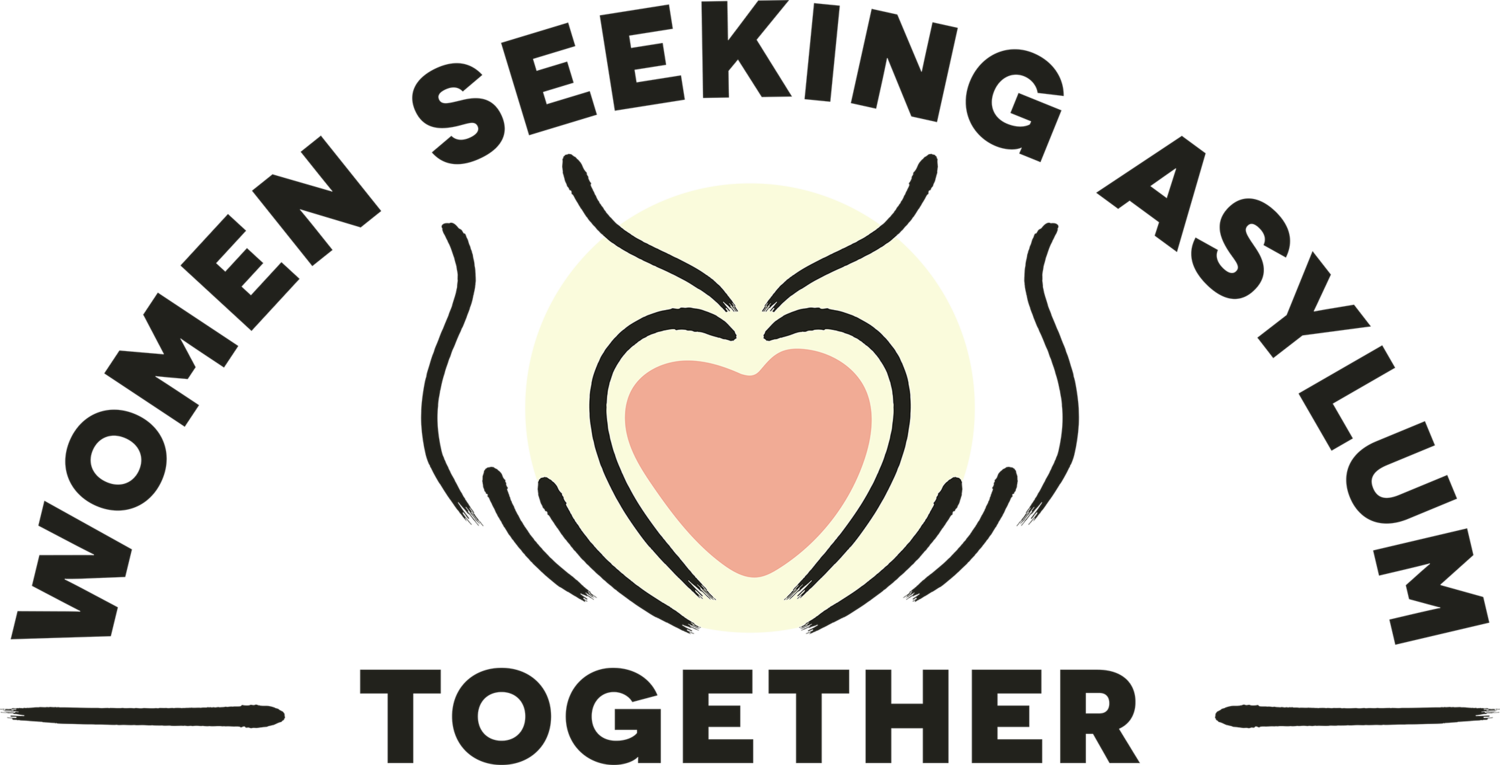Farhat Khan
Farhat and family are from Peshawar, Pakistan near the border with Afghanistan. Farhat worked in Pakistan for 21 years as a Community Development Worker for a number of agencies and Western Governments. This non-traditional role that Farhat chose to undertake to help others in her community brought friction with her husband's traditional family who were unable to accept her work. The relationship deteriorated into physical, mental and emotional abuse. As the situation with her husband and his family deteriorated Farhat made the decision to risk escape. With support from friends and her British boss she was able to flee from Pakistan to claim asylum in the UK in 2000.
Within a few weeks the family's request for asylum was denied on the grounds that her husband was no longer resident in Pakistan and so it was deemed safe for the family to return. In the traditional culture, male honour is valued above all else and it would be expected that if Farhat returned to Pakistan that her husband or his family would avenge their Honour through violent retribution.
The decision was appealed and while the family awaited the outcome of the appeal Farhat made contributions to community life in Manchester.
While trying to make her family financially independent she supported newly arrived asylum seekers and worked with the Manchester Refugee Support Network and the Cheetham Hill Advice Centre. In 2003 the asylum appeal was refused and Farhat's right to work was revoked meaning that Farhat had to leave her job and lose financial independence.
When this appeal was rejected friends and colleagues set up the Farhat Khan and Family Must Stay anti deportation campaign. As part of this Farhat spoke all over the country, demonstrations were held in Manchester to raise the profile of the case and a petition of over 9,000 signatures was collected and presented to the Home Office.
In 2004 Farhat was invited to Buckingham Palace in recognition of her contribution to national life through her work and volunteering. In 2006 she was invited to Downing Street by the Prime Minister in recognition of her voluntary contribution. Both of these invitations brought the case into the national press.
During her own anti deportation campaign Farhat became aware of how isolating and lonely the process was especially for women and helped to establish the group Women Asylum Seekers Together (WAST) group. The group is now a charity that is run and organised by its members.
In 2007 the Khan family were granted refugee status and Farhat continues her community development work.


